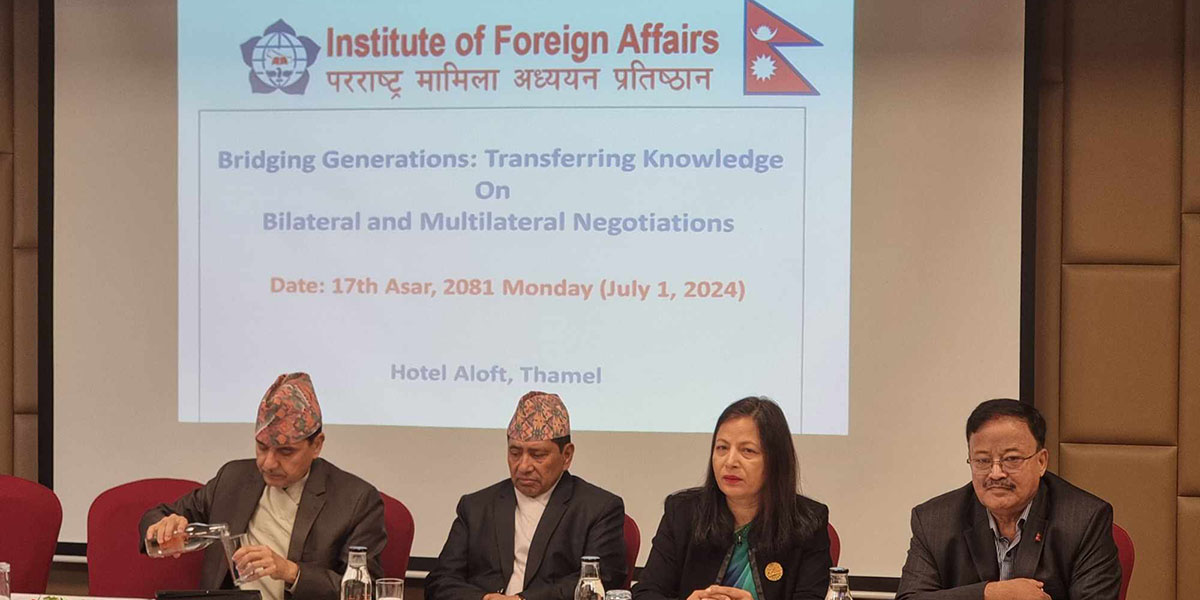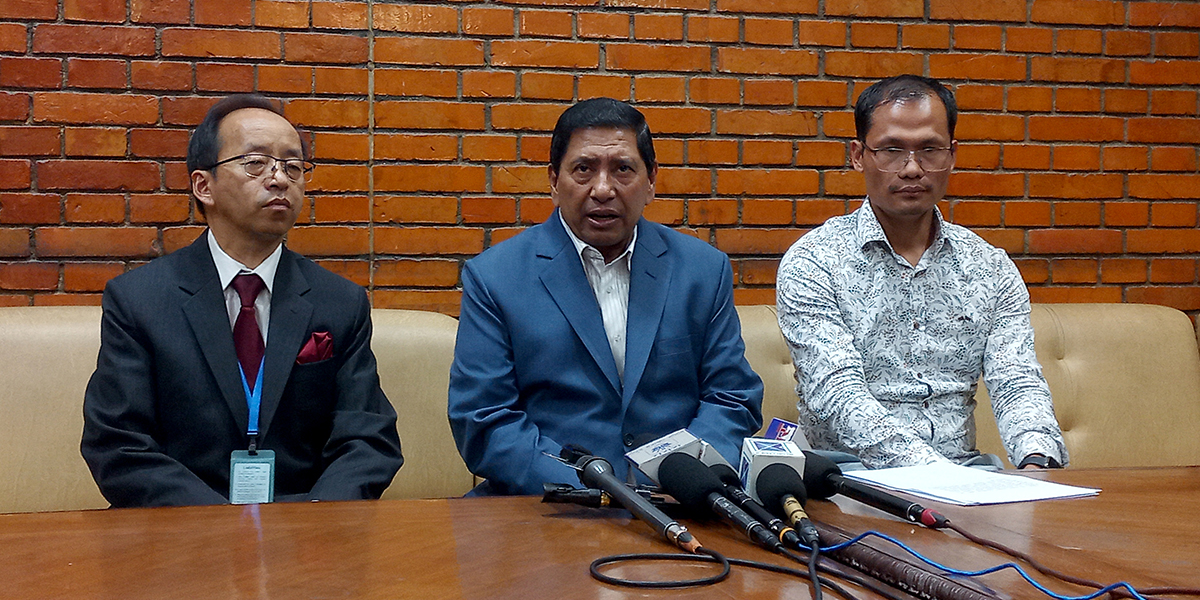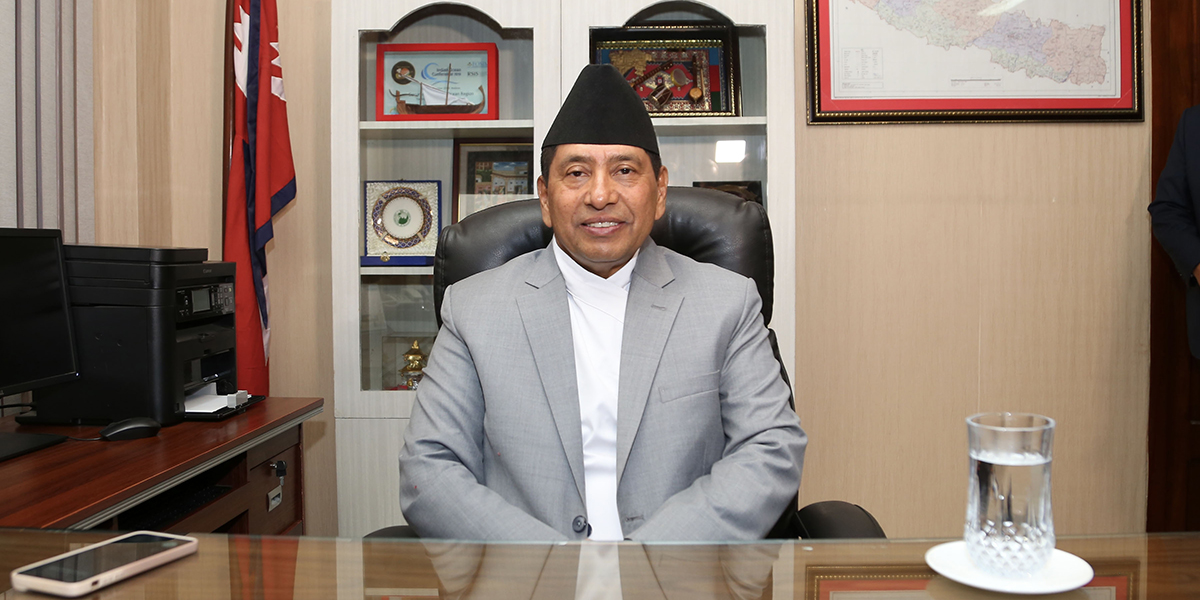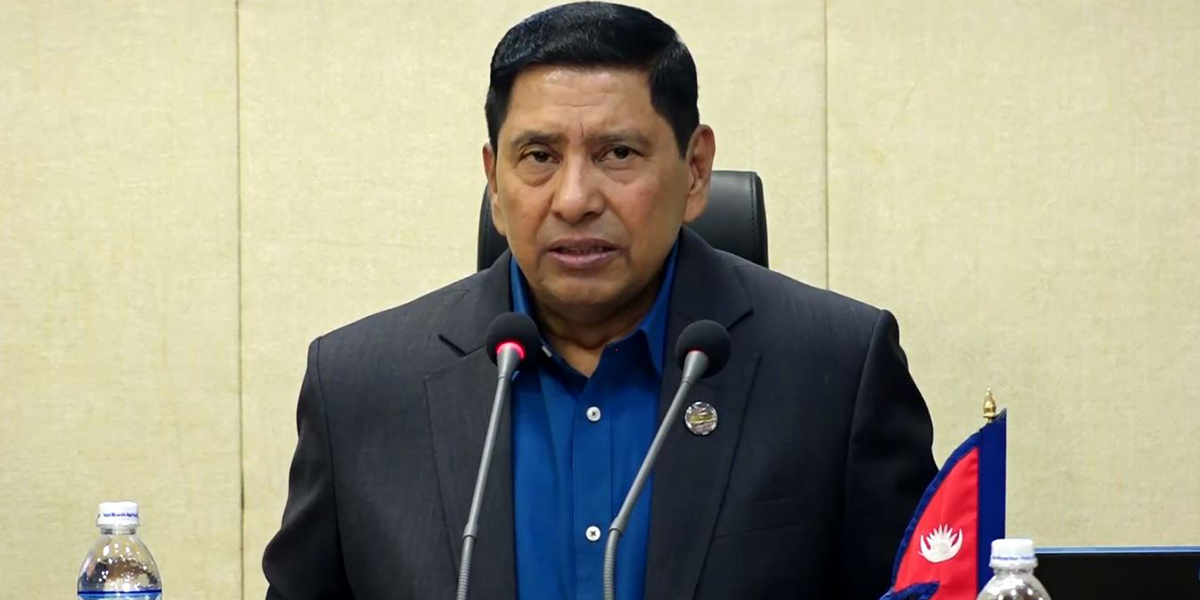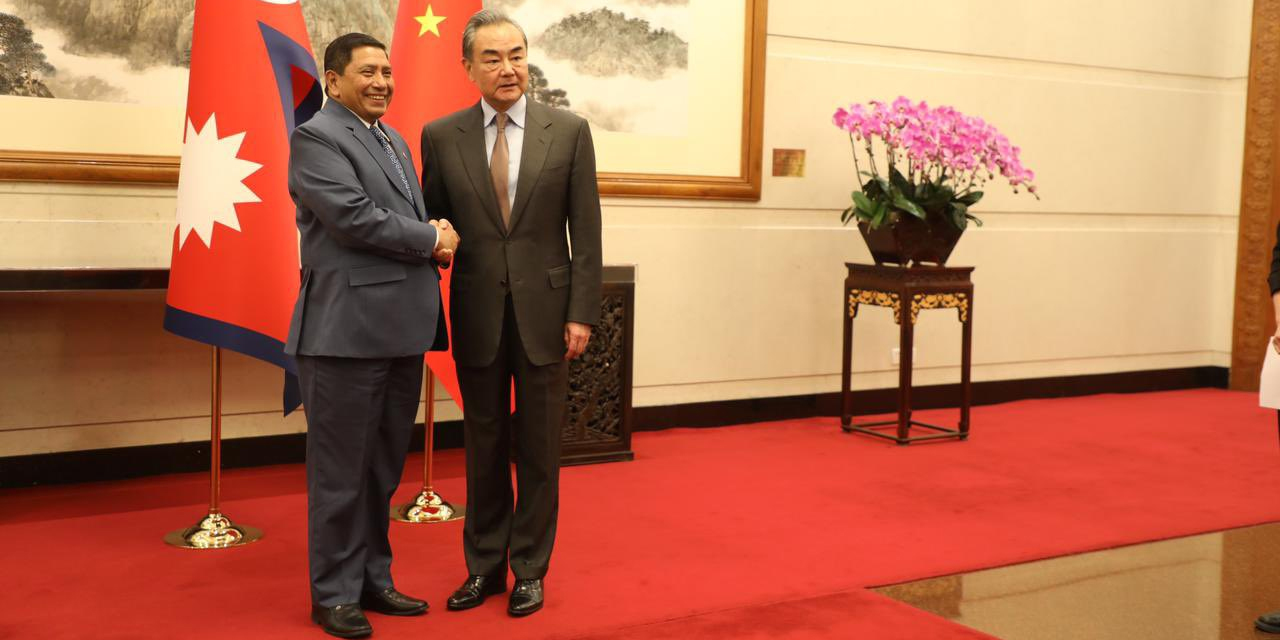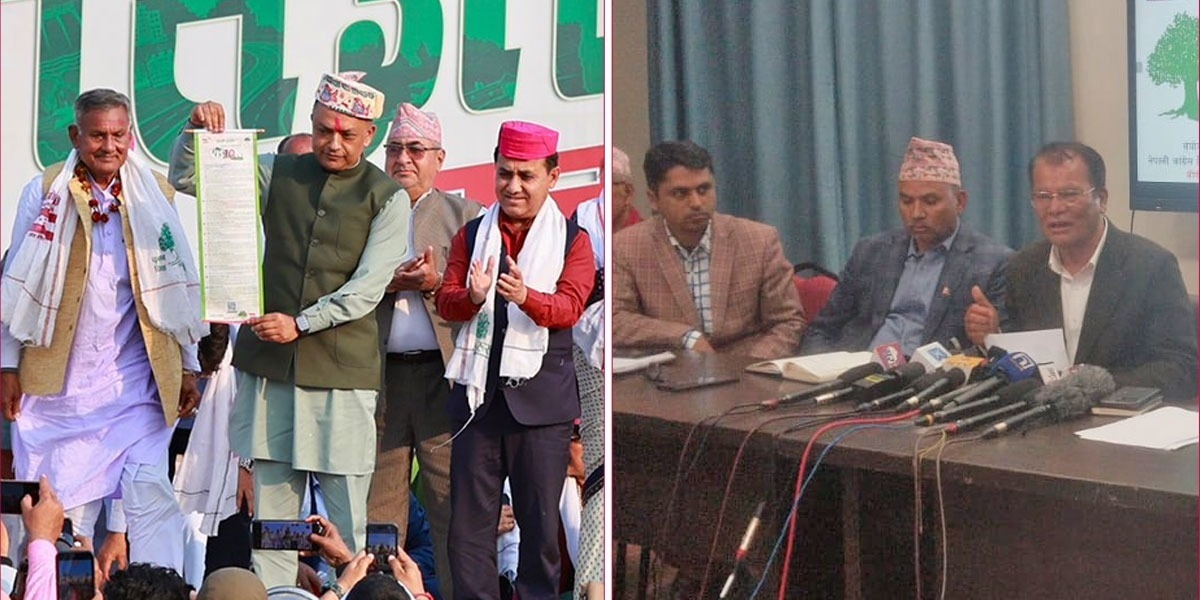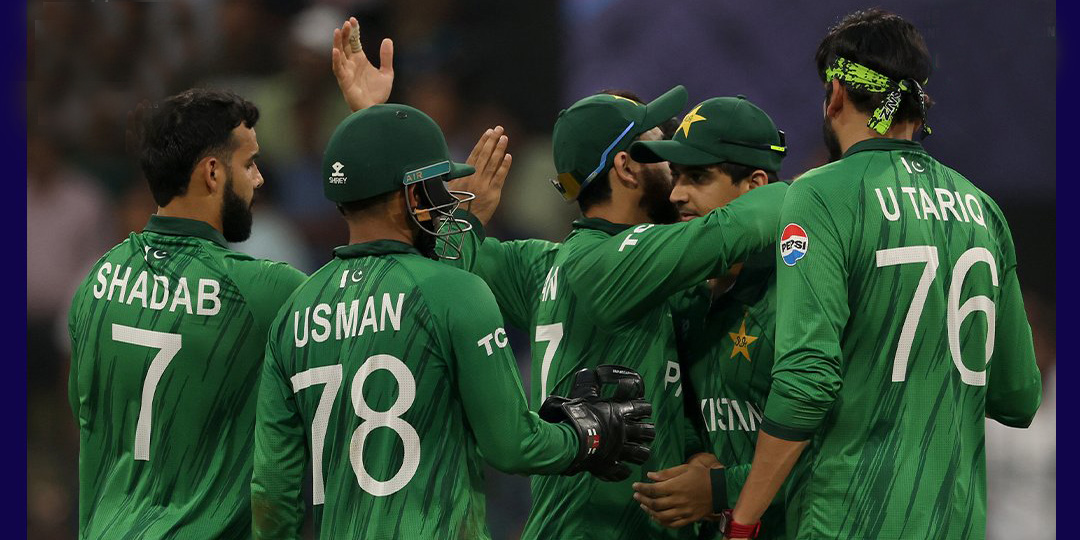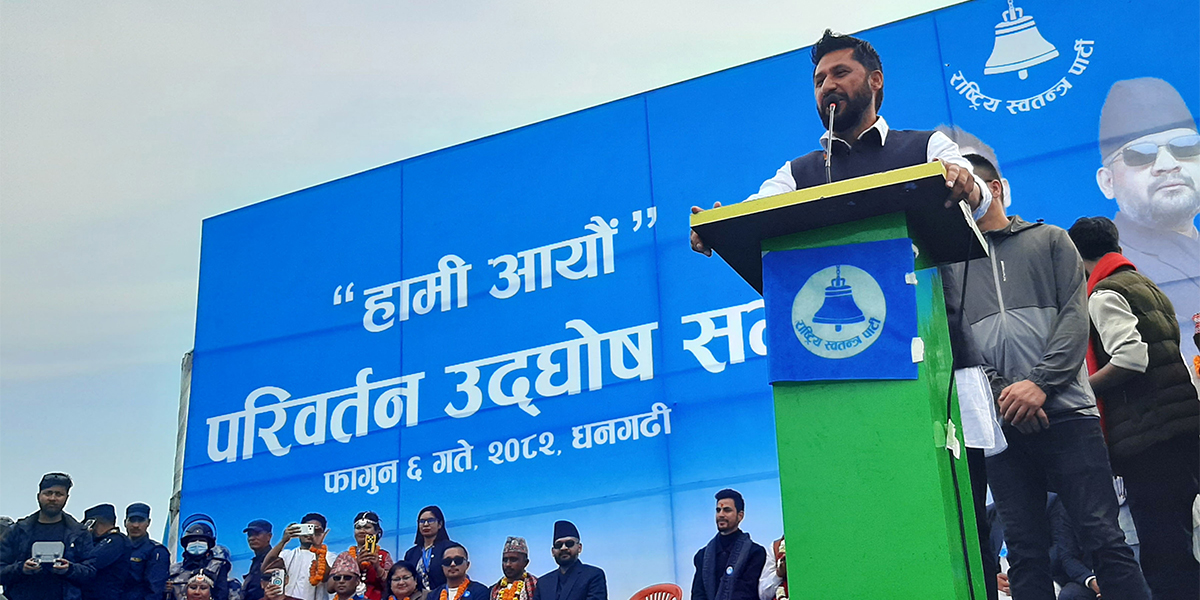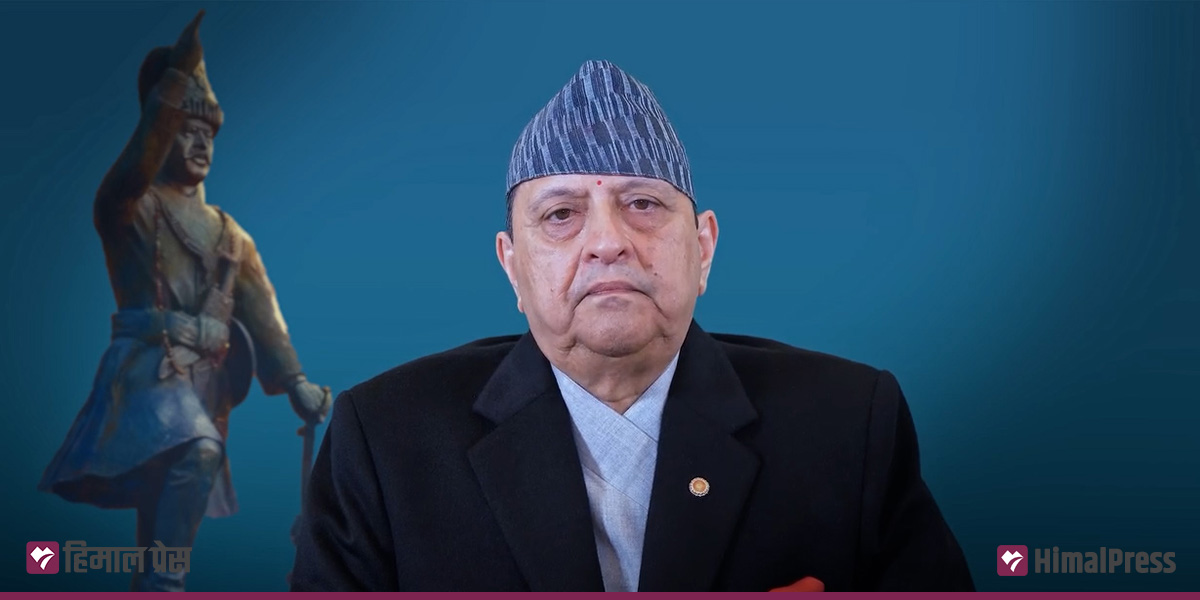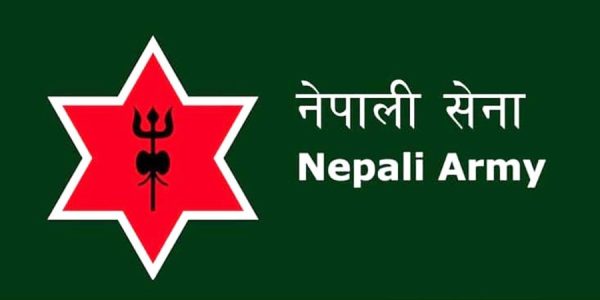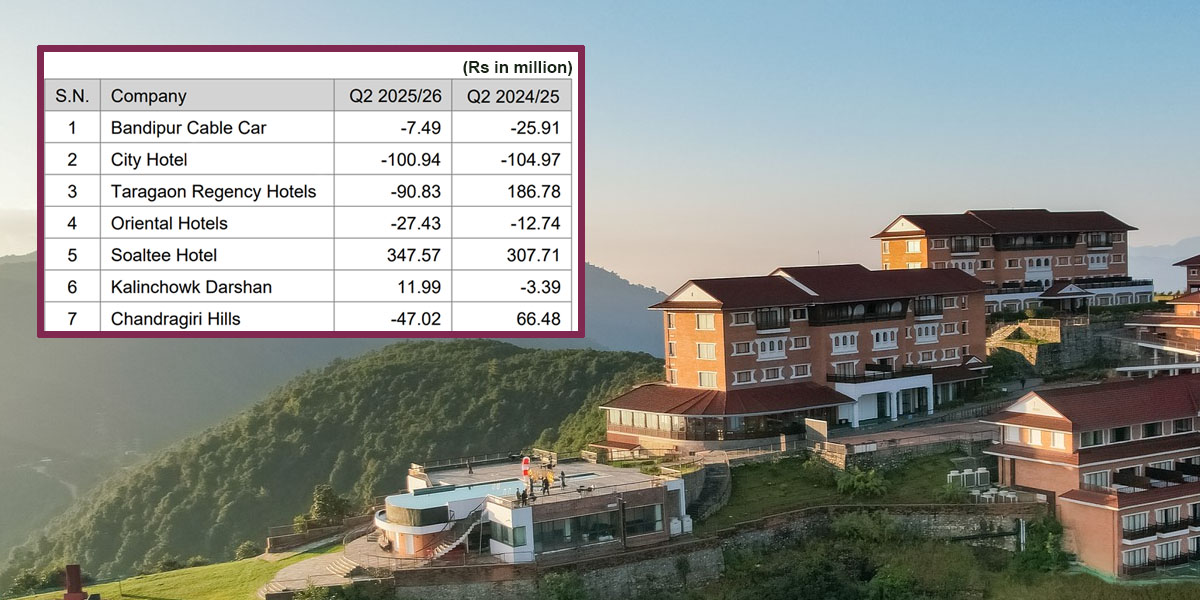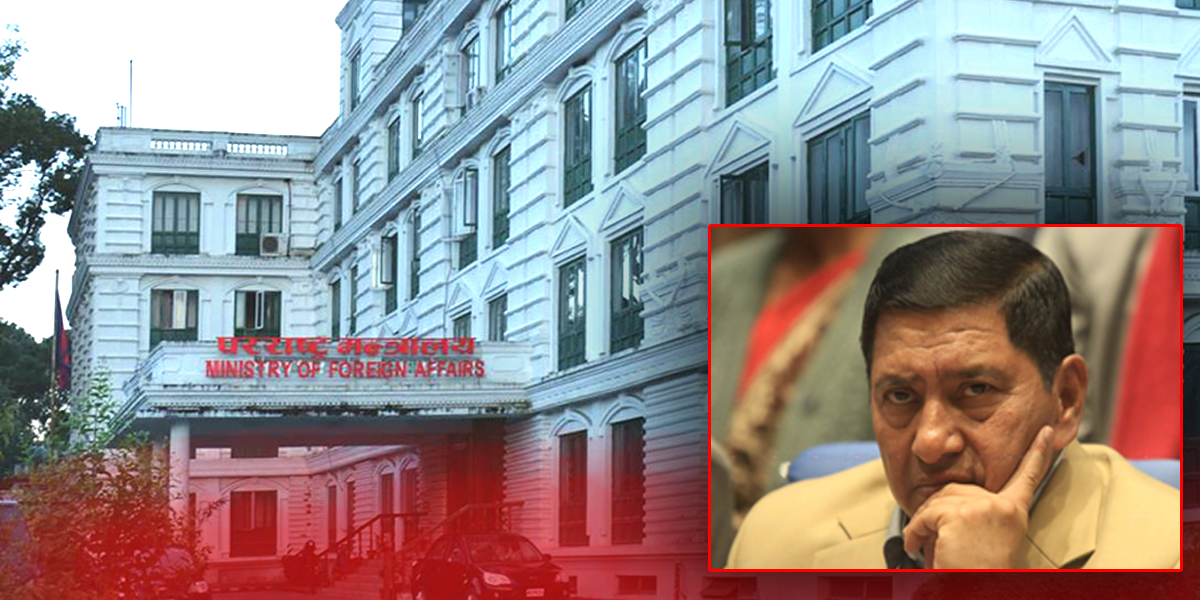
KATHMANDU: The government is preparing to recall ambassadors posted in some countries. After the formation of a new coalition government, there have been repeated discussions among CPN-UML Chairperson KP Sharma Oli, CPN (Maoist Center) Chairperson and Prime Minister Pushpa Kamal Dahal Prachanda, and Deputy Prime Minister and Minister for Foreign Affairs Narayan Kaji Shrestha about recalling ambassadors appointed by the previous coalition government.
Foreign Minister Shrestha, however, is waiting for the ambassadors appointed by the previous government to submit their resignations. High-ranking officials at the foreign ministry say that some ambassadors have not been recalled yet simply because the senior leaders have not reached a consensus on the matter. The coalition partners have also instructed officials to stop two ambassadors preparing to take up their appointments.
It is a global practice for a new government to send ambassadors of their liking after a change in administration. In Nepal, however, this trend of recalling ambassadors before their tenure ends has increased due to frequent government changes. Of late, there have even been indications that some ambassadors may not be able to assume their responsibilities despite being administered the oath of office and secrecy.
Frequent recalling of ambassadors is seen as a glaring display of Nepal’s diplomatic instability. While some say that recalling ambassadors sends a negative message to the international community, others have linked it to democratic practice, and some say it reflects government instability. This practice has been criticized as a wrong tradition by many. However, officials argue that since the government can appoint ambassadors of their choice, there is no need to comment on this issue.
While some say that frequent recalling of ambassadors sends a negative message to the international community, others have linked it to democratic practice, and some say it reflects government instability.
Deputy Prime Minister Shrestha seems to be in favor of waiting for resignations rather than recalling ambassadors outright. He believes that the ambassadors should have submitted their resignations after the coalition changed. “While recalling ambassadors, their performance will be taken into consideration,” Shrestha said. “I am in favor of recalling based on performance. Discussions on this issue are ongoing. If there is little possibility of them working in the interest of this coalition, then there is no alternative but to recall them.”
Shrestha added it would be easier if the ambassadors themselves stepped down. “We have been waiting for some time to see if the ambassadors, whose performance has not been satisfactory, submit their resignations themselves. If that does not happen, the government will make a decision,” he added.
An official at the foreign ministry told Himal Press that some ambassadors have even asked leaders, who appointed them, what they should do. “There are also ambassadors who are undecided whether to return as they think the coalition can break up anytime,” the official added.
Instead of appointing individuals with expertise in the diplomatic field, the political leadership has been undermining the position of the ambassador itself by claiming that anyone can take on the responsibility. The consequences of sending people from outside are evident from observing the working styles of the current ambassadors to New Delhi and Beijing. The ambassador to Beijing, Bishnu Pukar Shrestha, is from the Maoist Center quota, while Dr. Shankar Sharma, serving in New Delhi, was appointed from the Nepali Congress quota.
There are many examples of ambassadors submitting their resignations after a change in government since 1990. Such a culture, however, has been lacking in recent times. The foreign ministry official said that some ambassadors may not have submitted their resignations arguing that the Prime Minister remains the same.
The wrong practice of haphazardly opening embassies and appointing anyone as an ambassador has taken root after the political change of 2006. Despite repeated suggestions from experts that some embassies in certain countries need to be closed, the government has not shown any interest in implementing them. In the past, ambassadors to India and the United States would be recalled after a change in government. Likewise, political appointees in other countries would also be recalled. Ambassadors appointed from the foreign service are not generally recalled even if their work performance is not deemed satisfactory.
Since coalition partners are demanding a quota on ambassadorial appointments, the foreign ministry is mulling over recalling ambassadors appointed on the recommendation of the Nepali Congress (NC).
In neighboring India, those who have served in the foreign ministry are generally not considered for ambassadorial appointment after their term is completed. Apart from a few exceptions who excelled in diplomacy and distinguished themselves in service, no former officials of the Indian Foreign Service have become ambassadors. In Nepal, however, there is a wrong practice of appointing officers as ambassadors right after their retirement. The previous coalition appointed the former foreign secretary, Bharatraj Paudyal, as the ambassador to Canada right after his retirement. There is an ongoing debate about whether a Nepali embassy is necessary in Canada. Foreign ministry officials complain that appointing Paudyal, who was deemed unfit even for the United Nations after serving as the Foreign Secretary, as an ambassador is nothing but a misuse of the country’s resources. Since the Nepali population in Canada is very low, it is said that Canada can be handled from New York itself.
Since coalition partners are demanding a quota on ambassadorial appointments, the foreign ministry is mulling over recalling ambassadors appointed on the recommendation of the Nepali Congress (NC). Nepali ambassadors in India, the United States, the United Kingdom, Japan, Qatar, South Africa, South Korea, Israel, and Portugal were appointed on the NC’s quota. The top leaders of the new ruling alliance are preparing to replace them with ambassadors nominated by the new coalition partners UML, Rastriya Swatantra Party and Janata Samajbadi Party. The top leaders are also mulling over forming a committee to study the performance of ambassadors. Leaders believe that this would make it easier for the government to recall ambassadors appointed on the recommendation of political parties as well as foreign service cadres.
“Rather than their political affiliation, the question is what work they are doing? A report from the respective division is necessary. Ambassadors may need to be recalled based on their performance,” said a division chief at the foreign ministry, quoting Minister Shrestha. “The work performance should be examined, and ambassadors and embassies should be reviewed ruthlessly.”
According to sources close to the Prime Minister, preparations are underway to recall Dr. Shankar Sharma (India), Gyan Chandra Acharya (UK), Durga Bahadur Subedi Chetri (Japan), Naresh Bikram Dhakal (Qatar), Sridhar Khatri (United States), Dan Bahadur Tamang (South Africa), Jyoti Pyakurel (South Korea), and Shanil Nepal (Portugal). Similarly, there are discussions about closing missions in Portugal, Denmark, Canada, and Austria (Vienna).
Nepal has embassies in 31 countries, three permanent missions and seven consulates.


